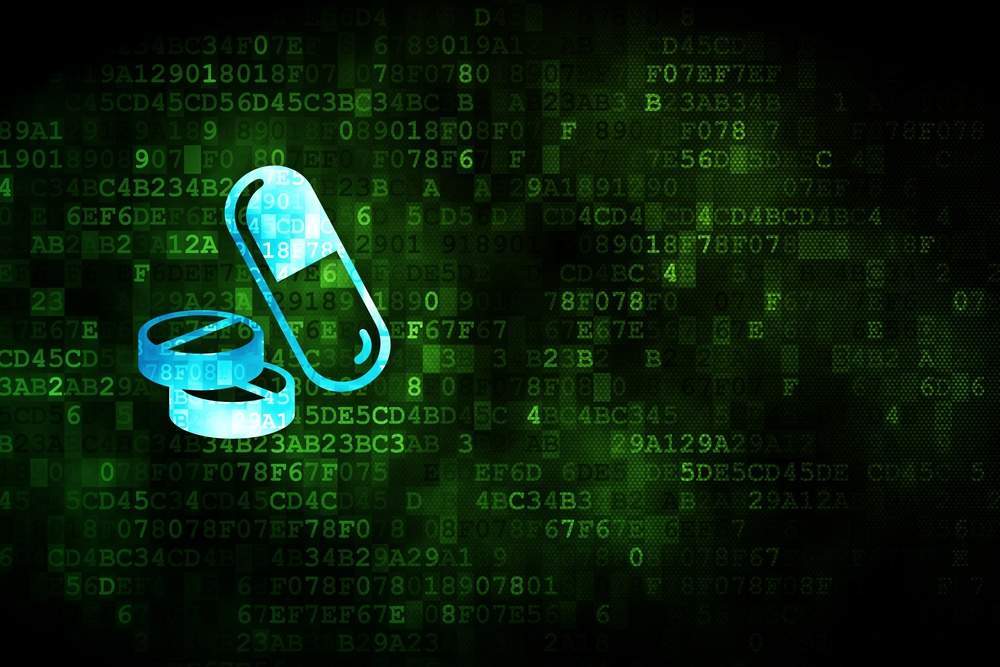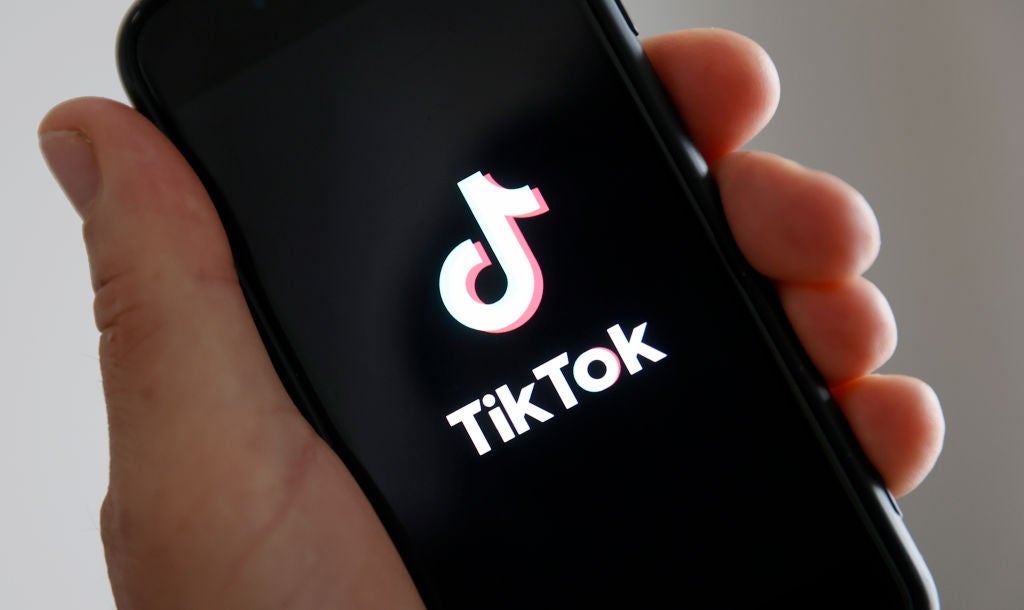
This week US regulators approved a pill that can track whether patients have taken their medication – the first of its kind.
Otsuka Pharmaceutical worked with Proteus Digital Health for the project, the former making the pill and the latter making the sensor.
The final product is a version of Otsuka’s antipsychotic pill Abilify, used to treat depression, bipolar disorder and schizophrenia.
The digital version, called Abilify MyCite, is embedded with a so-called ingestible event marker (IEM) sensor and is activated by stomach fluids.
It sends signals to a patch worn on the patient’s torso which monitors the date and time of the pill’s ingestion, transmitting findings to a smartphone app that physicians and others with the patient’s’ permission can access.
The user can also input data on their moods and hours rested.
How well do you really know your competitors?
Access the most comprehensive Company Profiles on the market, powered by GlobalData. Save hours of research. Gain competitive edge.

Thank you!
Your download email will arrive shortly
Not ready to buy yet? Download a free sample
We are confident about the unique quality of our Company Profiles. However, we want you to make the most beneficial decision for your business, so we offer a free sample that you can download by submitting the below form
By GlobalDataOtsuka said in a statement:
The system provides an objective summary of drug ingestion over time, to help enhance collaboration with healthcare providers who treat patients with certain serious mental illnesses.
The hope is to provide additional clarity to better inform decision-making for physicians and their patients. Patients can discontinue sharing some information from the system, or opt out of the program altogether, at any time.
Kabir Nath, CEO for North America at Otsuka Pharmaceutical said it is the first ever “objective measurement of adherence”, adding that it could avert “dramatic and immediate health-care crises, such as for schizophrenic patients where missing medicines can result in a psychotic break which will land them in an ER.”
Abilify MyCite could also have positive financial impact. People messing up their medication courses costs around $100bn per year in the US alone, mainly because patients get sicker and require further treatment.
Although voluntary, the digital pill has raised concerns over the spread of sensitive information and the pressure it would place on patients who feel their doctors are monitoring them.
This is particularly pertinent considering the pill is for people with psychotic disorders such as schizophrenia, where feelings of paranoia and distrust are common.
Jeffrey Lieberman, chairman of psychiatry at Columbia University and NewYork-Presbyterian Hospital, told the New York Times:
There’s an irony in it being given to people with mental disorders than can include delusions. It’s like a biomedical Big Brother.
Lucia Savage, chief privacy and regulator officer at Omada Health also expressed concerns, saying that it would create “a looking-over-your-shoulder effect”.




